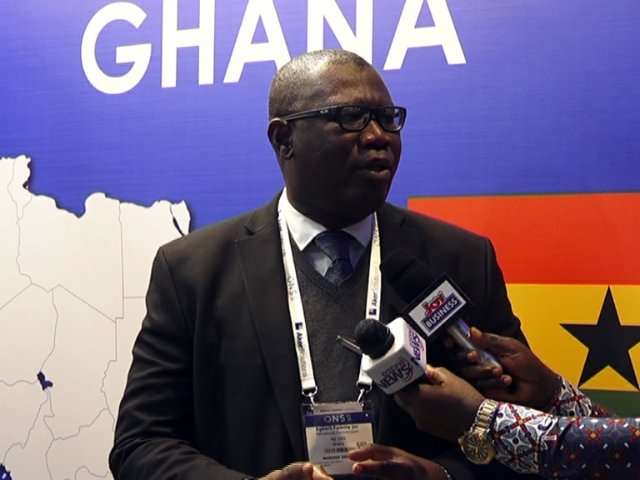The Petroleum Commission has announced the establishment of a technology transfer unit in January 2022 to address the gap in technology transfer in the upstream oil and gas industry.
This was necessitated by the delay in progress of technology transfer to indigenous companies and Joint Ventures in the upstream oil and gas sector. Despite the clarity in the local content law on technology transfer, multinational oil companies over the years, have not done enough in terms of willingly transferring technology to local companies in the upstream oil and gas sector.
Local Content Legislative Instrument (2204), The Petroleum (Exploration and Production) Act, 1984 (PNDC Law 84); Petroleum Exploration and Production Act, 919, 2016; and the Ghana National Petroleum Corporation Act 1983 (PNDC Law 64) requires that technology be transferred from Multinational Oil Companies to local companies.
The Local Content framework notes that the absorptive capacity of the GNPC and indigenous Ghanaian companies (IGC) are crucial in technology transfer. However, technology transfer in the upstream oil and gas segment in Ghana continues to remain scanty.
This initiative is in the right direction, as it will serve to boost the effective participation of indigenous Ghanaian companies in the upstream oil and gas sector.
“The Commission realized urgent steps must be taken to address some challenges hindering the advancement of technology transfer to indigenous Ghanaian companies and joint ventures,” Egbert Faibille, Chief Executive of the Petroleum Commission said.
Equipping IGCs with Technologies is Crucial to Upstream Oil Industry
For Ghana’s upstream oil and gas sector to become very attractive, local companies should be carried along so that in the advent where International Oil Companies eventually exit the sector, IGCs would have been equipped enough to continue business in the upstream sector, as is happening in Norway. Thus, to develop the industry faster, technology transfer is one of the important policy measures adopted by the government.
Besides, this is not the only issue plaguing the upstream oil and gas sector. According to the Petroleum Commission, from 2012 to 2019, in-country spending along the oil and gas value chain was US$16.4 billion. Foreign companies received 55% (US$9 billion), Indigenous Ghanaian Companies 7% (US$1.2 billion), and Joint Venture (JV) companies 38% (US$6.2 billion).
Within the 7 years of operation, IGCs received a marginal share of 7%, representing US$1.2 billion out of a total of US$16.3 billion of the in-country expenditure in the upstream oil and gas sector.
This in one profound sense demonstrates the limitations that IGCs have in terms of technologies to undertake sophisticated activities in the upstream oil and gas sector, thus the limited share of in-country spending.
Mr Faibille emphasized the need for collaboration with Multinational Oil Companies to disavow the assertion that multinational corporations are not in any way willing and interested to support local companies through technology transfer.
“The Petroleum Commission on its part, is strengthening existing modalities to champion and accelerate technology transfer in Ghana’s upstream petroleum industry”.
Egbert Faibille, CEO, Petroleum Commission
According to Mr Egbert Faibille, the Commission’s resolve to establish the Technology Transfer Unit depicts a need to drive the government’s vision to place Ghana among major economies leading in modern oil and gas technologies in the upstream oil and gas sector.
READ ALSO: Bridging the Housing Deficit; Gov’t Earmarks GHS100M for Affordable Housing in 2022





















